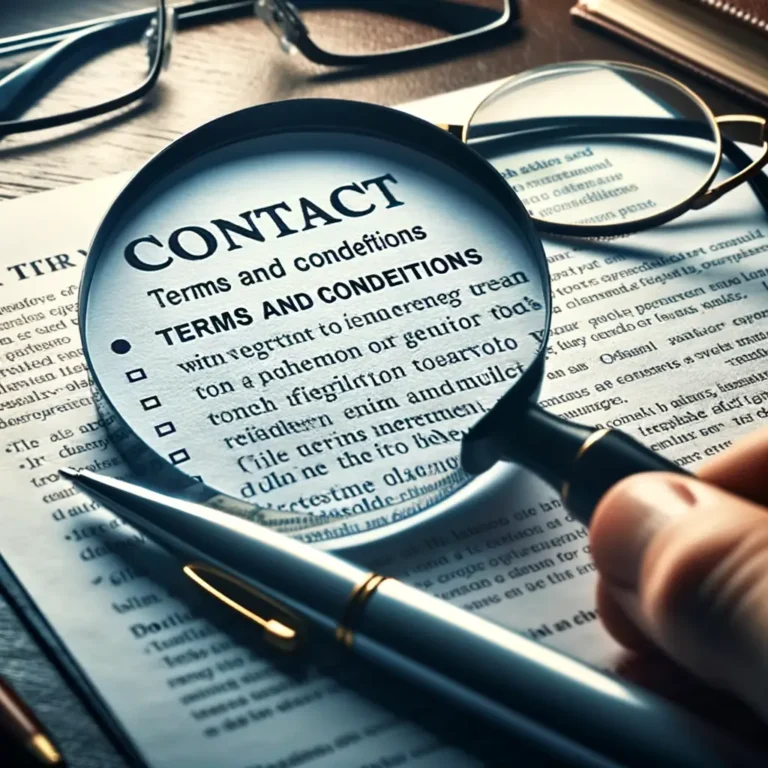Explaining The Legal Aspects Of Buying A Used Car In India
Buying a used car can be an exciting journey. It’s a chance to own a vehicle at a more affordable price. However, it’s important to understand the legal aspects of this process in India to ensure a smooth and trouble-free experience. This article will guide you through the key legal points.
Understanding the Importance of Legal Documentation
Registration Certificate (RC)
The RC is the heart of your car’s legal identity. It includes details like the car’s registration number, engine number, chassis number, and the owner’s name. When buying a used car, ensure the seller transfers the RC to your name. This process is crucial and officially recognizes you as the new owner.
Insurance Transfer
Car insurance is not just a requirement but a necessity for your peace of mind. Ensure the previous owner’s insurance policy is transferred to your name. If the insurance expires soon, consider renewing it or purchasing a new policy to avoid any legal issues in case of an accident.
The Role of Pollution Under Control (PUC) Certificate
A valid PUC certificate is a must for every car on Indian roads. It confirms that the car’s emissions are within the legal limits. Always check the validity of the PUC certificate when buying a used car. Driving without a valid PUC can lead to fines and legal troubles.
Checking for Financial Liabilities
Loan Clearance
If the car was purchased on loan, ensure the previous owner has cleared all dues. Ask for a No Objection Certificate (NOC) from the finance company. This document is critical as it indicates that the car is free from any financial liabilities.
No Accident Claims
Verify the car’s history to ensure there are no pending accident claims. A car involved in legal issues can become a liability. You can check the car’s history online or ask for documents from the seller.
The Process of Ownership Transfer
Transferring ownership is a vital step in the process of buying a used car. It involves several steps:
- Form 29 & 30 Submission: These forms notify the RTO about the sale and request the transfer of ownership. Both the seller and buyer need to sign these forms.
- Document Submission: Submit the RC, insurance policy, PUC certificate, and address proof to the RTO.
- Payment of Transfer Fee: A nominal fee is required for the transfer process.
This process ensures that the car is legally transferred to your name, avoiding any future complications.
Conclusion
Buying a used car in India involves navigating through various legal documents and procedures. From ensuring the transfer of the RC and insurance to verifying the car’s financial and legal status, each step is crucial. Always approach this process with diligence and care. Remember, it’s not just about buying a car; it’s about making a wise and informed decision that secures your peace of mind and ensures a smooth journey ahead.
FAQ on Buying a Used Car in India: Legal Aspects
1. What is a Registration Certificate (RC)?
The RC is an official document that records the registration of a vehicle, including details like the car’s registration number, chassis number, and owner’s details. It’s crucial for legal ownership.
2. Why do I need to transfer the RC when buying a used car?
Transferring the RC into your name legally recognizes you as the new owner of the car, ensuring all responsibilities and rights are officially yours.
3. How do I transfer the car insurance to my name?
Contact the insurance company with the sale deed of the car and request a transfer. You might need to submit documents like the RC and proof of sale.
4. What is a PUC certificate?
The Pollution Under Control (PUC) certificate verifies that the emissions from your vehicle are within the legal standards set by the government.
5. Is it necessary to have a valid PUC certificate?
Yes, it’s legally required to have a valid PUC certificate for your car to ensure it meets environmental standards.
6. What should I check regarding the car’s loan?
Ensure the previous owner has cleared all loan dues. Request a No Objection Certificate (NOC) from the finance company to confirm this.
7. How can I verify if there are any accident claims on the car?
You can request the car’s history report from services that track vehicle histories or ask the seller for any documents related to past claims.
8. What are Form 29 and Form 30?
Form 29 is the notice of transfer of ownership of a vehicle, and Form 30 is the report of transfer of ownership. Both need to be submitted to the RTO.
9. What documents are needed for ownership transfer?
You’ll need the RC, valid insurance certificate, PUC certificate, duly filled Form 29 and Form 30, and proof of address.
10. Is there a fee for transferring car ownership?
Yes, the RTO charges a nominal fee for the transfer of ownership, which varies by state.
11. How long does it take to transfer ownership?
The time can vary, but it generally takes a few weeks for the RTO to process the transfer.
12. Can I drive the car while the ownership is being transferred?
Yes, but ensure you have all the necessary documents, like a copy of the transfer application, to prove that the process is underway.
13. What if the car has an out-of-state registration?
You’ll need to re-register the car in your state, which involves paying the applicable road tax and obtaining a NOC from the state where the car was originally registered.
14. Do I need to check the insurance claim history?
Yes, checking the insurance claim history can give you insights into any past accidents or issues with the car.
15. What happens if the previous owner did not pay the insurance?
If the insurance is lapsed, you will need to either renew it or purchase a new policy to ensure the car is legally covered.
16. Can I transfer a car insurance policy without transferring the RC?
No, the insurance policy can only be transferred once the RC has been transferred to your name.
17. What is an NOC, and why do I need it?
An NOC (No Objection Certificate) is issued by the finance company if the car was purchased on loan, indicating that all dues have been cleared.
18. How do I ensure the car is not stolen?
Check the car’s engine number and chassis number against the National Crime Records Bureau (NCRB) to ensure it’s not reported stolen.
19. What should I do if the car has pending e-challans?
The previous owner is responsible for clearing any pending e-challans before the sale. Ensure this is settled to avoid future legal issues.
20. Is it necessary to get a background check on the used car?
Yes, a background check can reveal important information about the car’s history, including accidents, ownership, and maintenance records.
21. Can I buy a used car without a valid insurance policy?
It’s not advisable to buy a car without valid insurance, as it’s illegal to drive an uninsured vehicle on Indian roads.
22. What if the seller does not provide the original RC?
Avoid buying a car if the seller cannot provide the original RC, as it might indicate legal issues or that the car is stolen.
23. How can I verify the authenticity of the RC?
You can verify the RC details online through the Parivahan website or contact the local RTO.
24. What is the importance of service records in buying a used car?
Service records help verify the car’s maintenance history, ensuring it was well-cared for and identifying any potential issues.
25. Can I negotiate the price based on legal or documentation issues?
Yes, if there are pending legal or documentation issues, you can use this as leverage to negotiate a lower price.
26. What legal recourse do I have if I find issues after purchase?
You may have legal recourse under consumer protection laws if the seller hid significant issues or misrepresented the car’s condition.
27. Is a verbal agreement enough when buying a used car?
No, always insist on a written agreement or sale deed, which outlines the terms of sale, to protect your legal interests.
28. Who is responsible for the RTO transfer process?
Both the buyer and seller are responsible for ensuring the RTO transfer process is completed, but the buyer should ensure it’s finalized to avoid future issues.
29. What if the car has modifications?
Check if the modifications are legal and approved by the RTO. Unauthorized modifications can lead to legal issues.
30. How do I check for any legal issues with the car?
Consult the RTO, check the vehicle’s history report, and ensure all documents like the RC, insurance, and PUC are valid and in order.
















